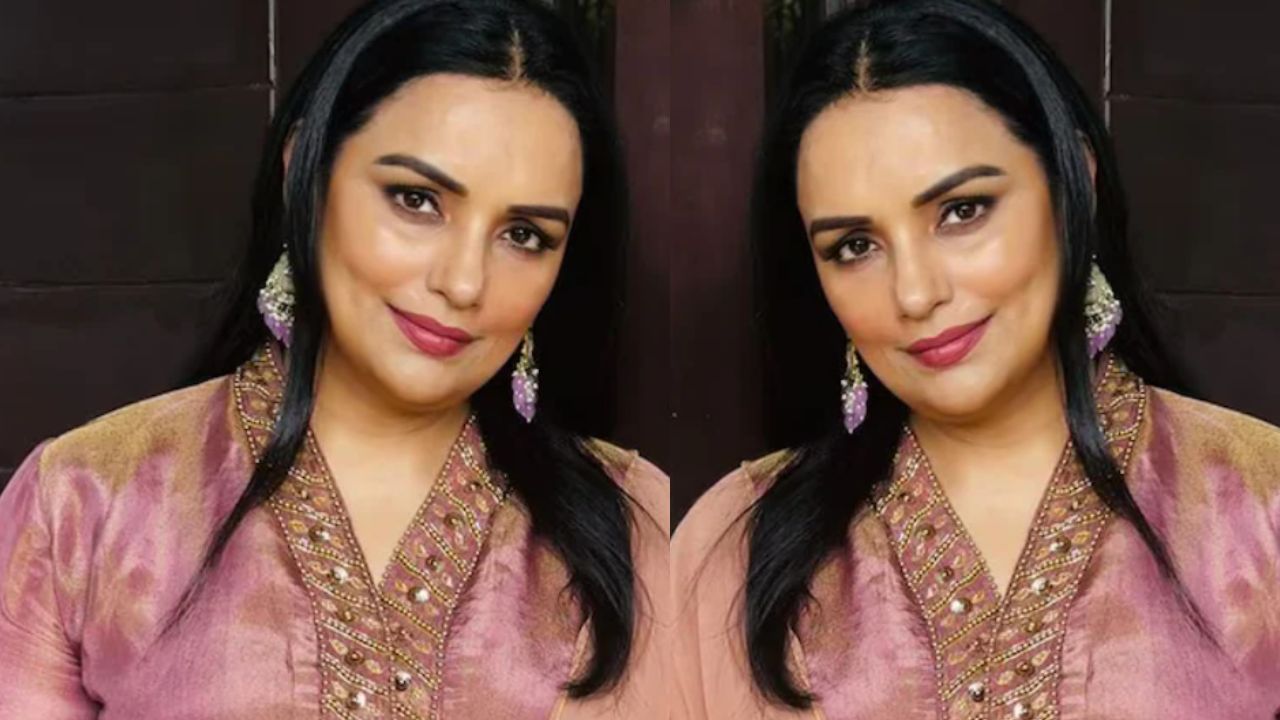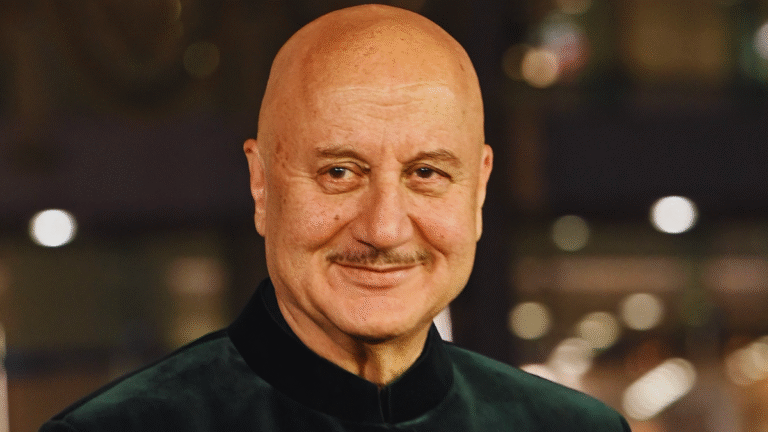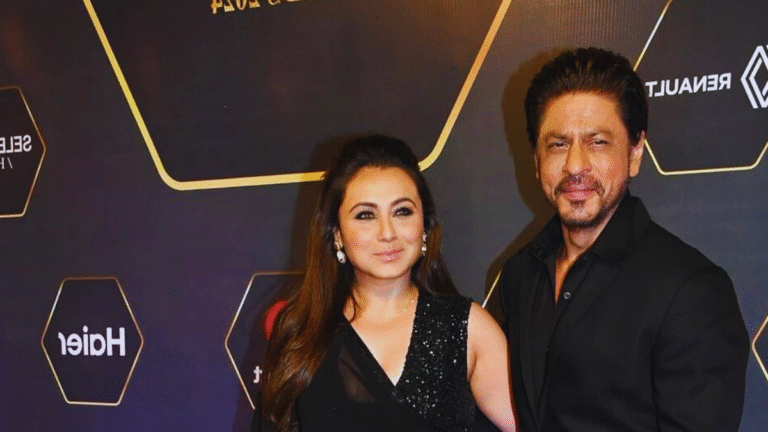
In a significant development, the Kerala High Court has granted an interim stay on the proceedings in an FIR filed against actor Shwetha Menon in connection with allegations of appearing in “obscene films.” The decision comes as a major relief for the acclaimed actress, who had approached the court seeking to quash the FIR registered under various sections of the Indian Penal Code and the Indecent Representation of Women (Prohibition) Act.
Background: What Sparked the Controversy?
The case traces back to a complaint filed by an individual alleging that Shwetha Menon had acted in films containing explicit scenes, which the complainant deemed as obscene and derogatory to women. Based on the complaint, an FIR was registered against the actor, sparking heated debates over artistic freedom, morality, and censorship in Indian cinema.
The films in question are believed to be critically acclaimed works in which Menon portrayed bold characters, with scenes that were interpreted by the complainant as “indecent” or “objectionable.”
Court Intervention: Interim Relief Granted
A single bench of the Kerala High Court, after reviewing the petition, ordered a temporary stay on all proceedings related to the FIR, observing that the allegations involve artistic interpretation and creative expression protected under constitutional rights.
The court noted that criminalising an actor for performing roles assigned by filmmakers, especially in films cleared by the Central Board of Film Certification (CBFC), raises serious questions about freedom of expression and the boundaries of law.
What the Court Said
The court emphasized the following points in its interim stay order:
- Prima facie, the allegations appear to infringe on the fundamental rights of an artist.
- Films passed by the CBFC cannot be easily termed as obscene unless it can be shown they were meant to degrade or exploit.
- The petitioner (Shwetha Menon) is a respected actress who has contributed significantly to Indian cinema, and criminal prosecution based on subjective moral views could set a dangerous precedent.
Shwetha Menon’s Reaction
Shwetha Menon, known for her strong and socially relevant roles in Malayalam cinema, welcomed the court’s decision. Through her legal counsel, she reiterated that her performances were purely professional, based on directorial vision, and in no way intended to promote obscenity or indecency.
She also expressed concern about the increasing trend of moral policing in the arts, stating that such accusations not only hurt individual reputations but also restrict creative freedom across the film industry.
Public Discourse: Art vs. Morality
The case has triggered wider debate among legal experts, artists, and social commentators on the limits of censorship, moral scrutiny in cinema, and the autonomy of actors in choosing roles. Many argue that if certified films can lead to FIRs against actors, it would stifle storytelling and force filmmakers to self-censor to avoid legal harassment.

Advocates of creative freedom stress that actors should not be held personally liable for fictional roles, especially when their performances are part of films that have passed through formal regulatory channels.
What’s Next?
The interim stay is temporary and will remain in effect until the High Court makes a final decision on the matter. The case is expected to come up for detailed hearing in the coming weeks.
Meanwhile, the law enforcement authorities have been directed not to pursue coercive actions against Shwetha Menon pending further court orders.
A Pivotal Moment for Indian Cinema
This case could set a legal benchmark on how far the law can go in regulating creative expressions in films. As the debate continues to unfold, many within the film industry are closely watching the Kerala High Court’s next move, hoping it reaffirms the right to freedom of artistic expression in India.
Whether this leads to a broader reassessment of similar legal challenges faced by actors remains to be seen, but for now, Shwetha Menon has won a crucial legal reprieve in a case that touches the very heart of cinema and society.






